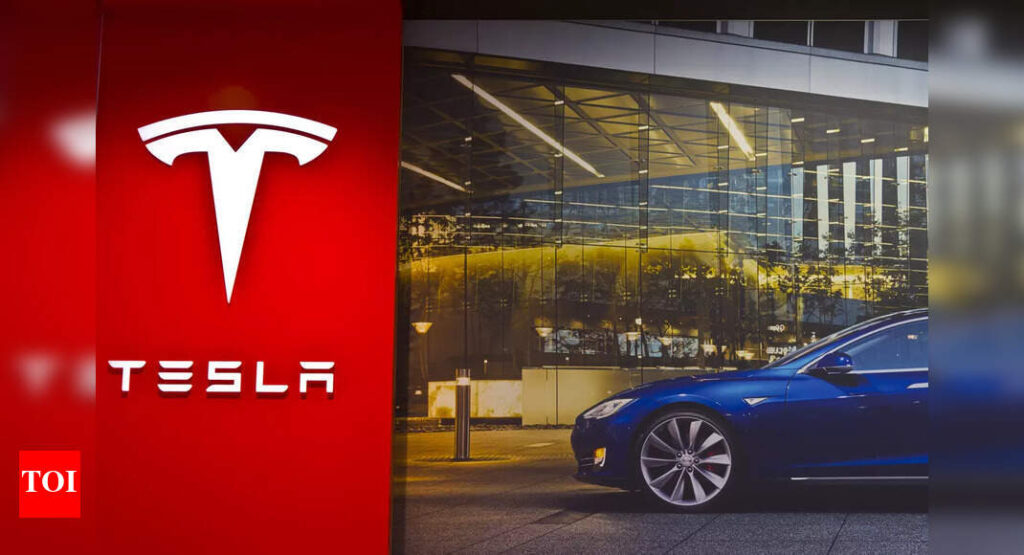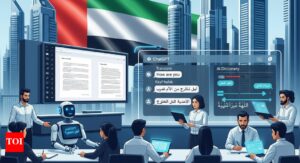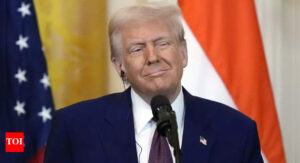Tesla shuts down its AI training supercomputer Dojo, loses 20 key execs to company founded by Ganesh Venkataramanan

Tesla is reportedly dissolving its Dojo supercomputer team, abandoning its in-house chip development for autonomous driving technology. According to a report by Bloomberg, – Tesla Inc. is disbanding its Dojo team and its leader will leave the company, according to people familiar with the matter, upending the automaker’s effort to build an in-house supercomputer for developing driverless-vehicle technology. The Dojo shutdown coincides with Tesla’s board offering Elon Musk a $29 billion compensation package to prioritize Tesla’s AI goals over his other ventures, including xAI, a pure-play AI company.
Meet DensityAI, AI startup founded by former Dojo head Ganesh Venkataramanan
The move marks a significant pivot for the automaker, which has increasingly leaned on external partners like Nvidia, AMD, and Samsung for its AI and compute needs. Peter Bannon, the lead of the Dojo project, is leaving Tesla, and the remaining team members will reportedly be reassigned to other data center and compute initiatives within the company, the report said citing anonymous sources. The decision follows the exit of approximately 20 Dojo team members who left to form DensityAI, a new AI startup founded by former Dojo head Ganesh Venkataramanan, alongside ex-Tesla employees Bill Chang and Ben Floering. DensityAI is preparing to exit stealth mode and is focused on developing chips, hardware, and software to power AI-driven data centers for robotics, AI agents, and automotive applications. The startup aims to address high-performance computing needs with an emphasis on scalable, energy-efficient solutions for next-generation AI workloads. As Tesla recalibrates, DensityAI’s emergence could reshape the AI hardware landscape, leveraging the expertise of former Dojo engineers to challenge established players in the AI data center space.
What makes shutting down of Dojo important
The disbanding of Dojo comes at a pivotal moment for Tesla. CEO Elon Musk has been repositioning Tesla as an AI and robotics company, despite challenges with its limited robotaxi launch in Austin in June 2025. The launch, which involved Model Y vehicles with a human co-pilot, faced criticism after reports of erratic driving behavior. Dojo, first announced in 2019, was pitched as the backbone of Tesla’s AI ambitions, particularly for achieving full self-driving (FSD) by processing vast amounts of video data. Musk highlighted Dojo as recently as Tesla’s Q2 2025 earnings call, though his focus shifted to Cortex, a new AI training supercluster at Tesla’s Austin headquarters.Dojo combined a supercomputer with Tesla’s in-house D1 chip, unveiled at AI Day 2021. Presented by Venkataramanan, the D1 was designed to work alongside Nvidia GPUs to power Dojo, with a next-gen D2 chip planned to address data flow bottlenecks. In 2023, Morgan Stanley estimated Dojo could add $500 billion to Tesla’s market value by enabling robotaxi services and software revenue. However, by August 2024, Musk’s rhetoric pivoted to Cortex, signaling a strategic shift.
Tesla is looking externally
Tesla’s reliance on external partners is growing. A $16.5 billion deal with Samsung, signed last month, will produce Tesla’s AI6 inference chips, designed to scale from FSD and Optimus humanoid robots to high-performance AI training. Tesla is also deepening ties with Nvidia for compute power and AMD for additional chip solutions. During the Q2 earnings call, Musk hinted at streamlining efforts, suggesting convergence between Dojo 3 and the AI6 chip to avoid redundancies.








